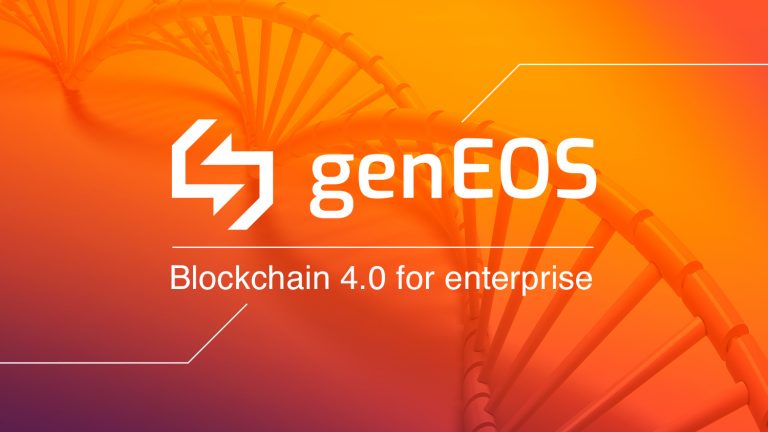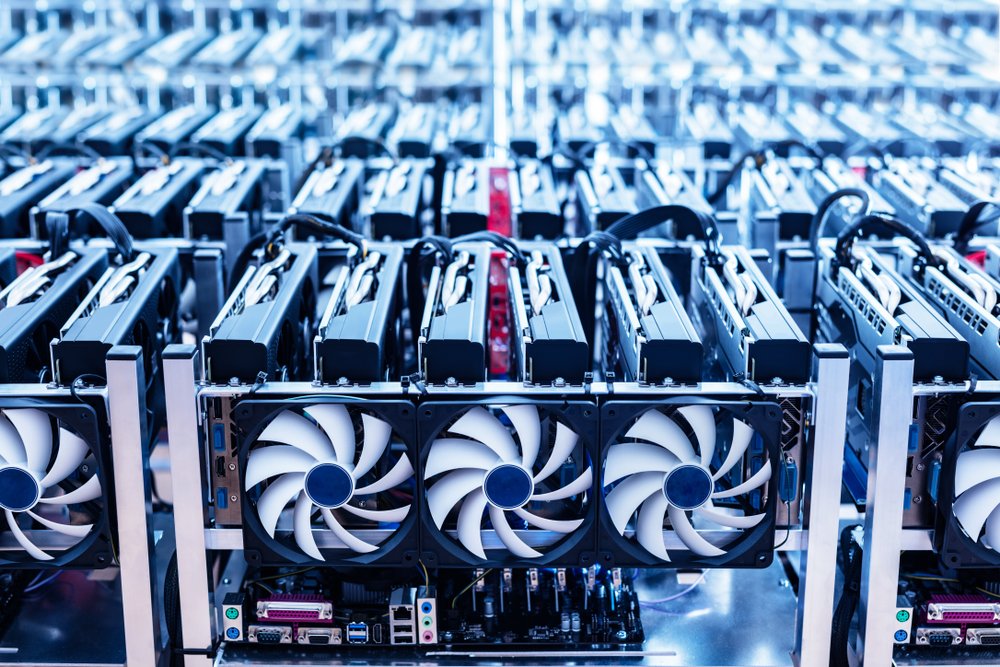
2018-10-31 12:50 |
Bithub Africa has started using off-grid solar power to mine bitcoin and ethereum. John Karanja, the founder and chief executive officer of the small Kenyan mining operation, hopes to spread the technology to the rest of the continent while exposing the lie that cryptocurrency mining poses a danger to the environment.
Also Read: U.K Government Moots Ban on Cryptocurrency Derivatives
Clean Cryptocurrency“We are using solar energy in a similar manner to traditional power sources to test its reliability as a source for cryptocurrency mining,” Karanja told news.Bitcoin.com in an interview on Oct. 30. “We are still analyzing the data, but what we can already see is that the blockchain economy is certainly incentivizing innovation in the renewable energy industry globally.”
John KaranjaBithub Africa has laid out a series of interconnected cables and devices at its small mining facility in Nairobi. An inverter connects to a battery, which is patched through to a controller that is linked to a 200-watt solar panel. The PV module is fixed to the roof at an angle to maximize solar capture. “We are using a standard (solar) panel that generates enough to power a small network node that runs the blockchain software,” Karanja said.
In a separate demonstration video on Bitcoinke, a Kenyan news site, he explained the setup in more detail. “Essentially what we have here is that the nuc computing device is integrated to the controller to generate the tokens on the protocol,” he said.
Founded in 2015, Bithub.Africa is a commercial blockchain accelerator that is driving the adoption of blockchain technology and solutions across Africa. The company also focuses on building systems that facilitate access to financial services and energy through public blockchain projects and open protocols such as Bitcoin.
In addition to its solar-powered cryptocurrency mining operations, Bithub Africa also extracts litecoin and ripple using conventional sources of electricity, with only minimum air-conditioning needed to keep the mining rigs from overheating. Its payments unit is aided by two Bitcoin Lightining nodes, which are collectively capable of supporting three million transactions per second.
Unfounded Environmental ClaimsOff-grid solar panels are already lighting up many homes in urban and rural areas across Africa. And now they are also creating new businesses in cryptocurrency mining, on a continent that boasts an excellent solar resource.
With bitcoin mining facing criticism from environmental activists for allegedly consuming too much electricity, new business models that utilize renewable energy to generate digital coins could help to neutralize such concerns, however untrue. Renewables are also generally cheaper than electricity derived from coal-fired power plants, which still dominate in Africa’s nascent bitcoin mining industry. They can ease concerns about the high cost of electricity and computing power.
Karanja is opposed to the hullabaloo. “Recently there has been a lot of angst focused on bitcoin mining being a major contributor to global warming due to its extrapolated energy use based on current trends,” he said via email. “We disagree that this is the case. In fact, we believe the converse; that it will spur innovation in sustainable energy solutions.”
One challenge that Bithub Africa could encounter with renewable power sources is the issue of intermittency. Solar power is dependent on reliable, sunny weather. When the sun is not shining, it can be bad for business, as the company’s cryptocurrency mining rigs have to run continually, non-stop. Some solar systems, however, can provide power in bad weather by using energy stored in batteries.
Karanja believes that the jury is still out on the potential scalability of solar-powered cryptocurrency mining. That’s largely because the technology is in the early stages of development, he said.
“However, if you look at solutions that scale in Africa, they tend to be organized in a localized and peer-to-peer manner, as this is the main way societies are organized,” he said. “We plan to increase adoption by educating and resourcing skilled engineers who will test and deploy the solution across the continent.”
What do you think about using renewable energy to mine cryptocurrency? Let us know in the comments section below.
Images courtesy of Shutterstock.
Verify and track bitcoin cash transactions on our BCH Block Explorer, the best of its kind anywhere in the world. Also, keep up with your holdings, BCH and other coins, on our market charts at Satoshi’s Pulse, another original and free service from Bitcoin.com.
The post Kenya’s Bithub Africa Mines Bitcoin Using Solar Power appeared first on Bitcoin News.
origin »Bitcoin (BTC) на Currencies.ru
|
|


























